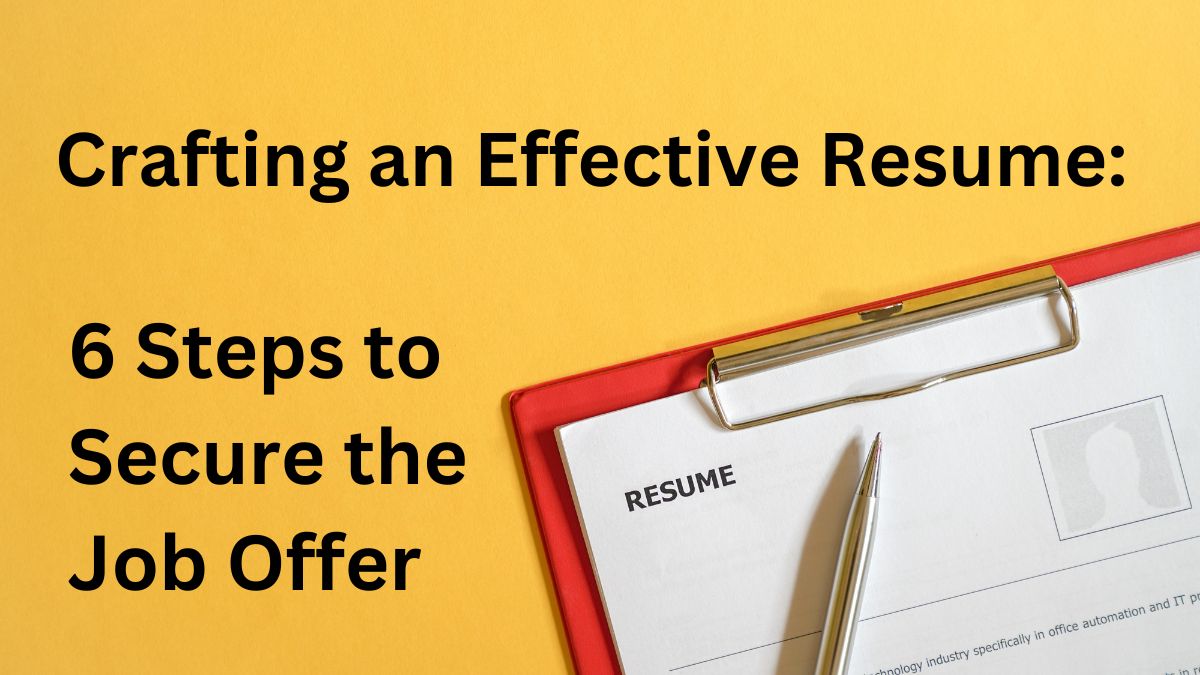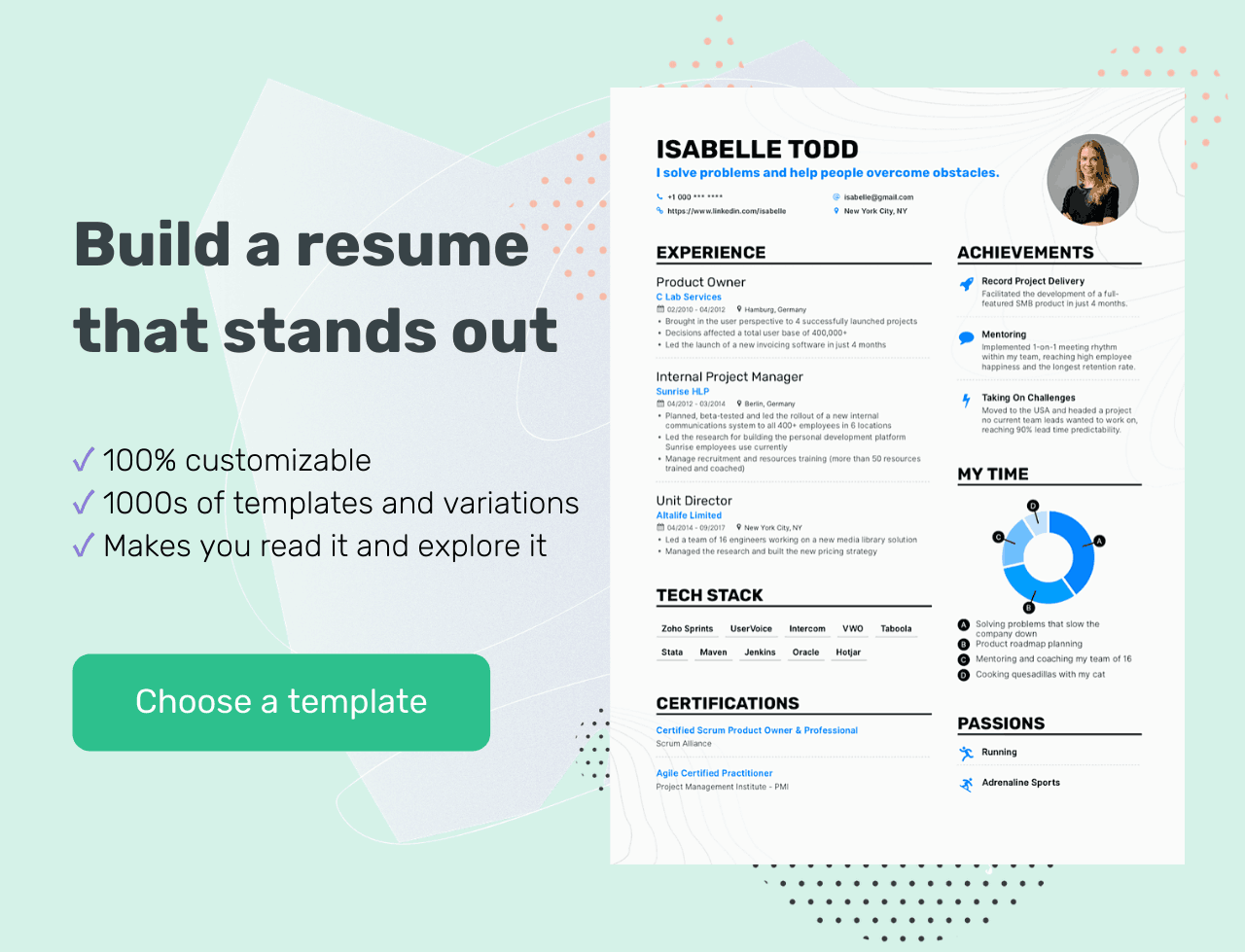Crafting an Irresistible Freshers Resume: Your Path to Standing Out!
What is a Resume?
A resume is a concise summary of your personal, educational, and professional background, highlighting your experience and achievements, which is used for job applications.

What is a CV?
A Curriculum Vitae (CV) serves as a thorough overview of your academic and career background, offering in-depth insights into your professional journey and qualifications. It is a standard tool for applying to various job opportunities.
Difference between a Resume and a CV:
The primary difference between a Curriculum Vitae (CV) and a resume is primarily attributed to their length and the level of detail they offer about an individual's qualifications and experiences. Resumes are typically concise, usually confined to one or two pages, and they aim to provide a brief yet impactful overview of a candidate's career, focusing on key achievements and skills relevant to the specific job application.
On the other hand, a CV, which stands for Curriculum Vitae (Latin for "course of life"), is much more comprehensive. It often extends beyond two pages and delves into extensive detail about an individual's educational and professional history. A CV includes a detailed account of not only work experience but also academic credentials, research, publications, presentations, awards, and other pertinent information. The goal of a CV is to present a holistic view of the candidate's entire career journey.
Another notable distinction is in the contexts where these documents are typically used. Resumes are the standard document for job applications in the private sector. They are designed to showcase a candidate's suitability for a specific job, often tailored to the requirements of a particular position.
Conversely, CVs are more commonly required for job applications in the public sector, especially for academic positions, research roles, and government positions. In these fields, employers typically expect a more extensive record of a candidate's qualifications and achievements, necessitating the use of a CV to provide the necessary depth of information.
In summary, the primary differences between CVs and resumes lie in their length, level of detail, and their common usage in different sectors. Resumes are concise, tailored documents for private sector job applications, while CVs are comprehensive documents providing a detailed overview of an individual's career and are frequently required for public sector and academic roles.
Before embarking on the task of building your resume, it’s crucial to keep a few key points in mind:
Select a word processor: The selection of a word processor can have a substantial impact on the creation of an impressive resume. Utilizing the most up-to-date software version provides access to enhanced functionalities that can enhance the visual appeal and effectiveness of your resume. I highly suggest employing Microsoft Word 2016, as it provides a wide array of comprehensive features that can elevate the quality of your resume.
Plan the structure of your resume:Before delving into the actual process of writing your resume, it's crucial to take a moment to conceptualize the overall framework. Consider how you want to structure it, its visual layout, and other essential elements. Avoid rushing through this step; instead, invest sufficient time and careful thought because it can have a significant impact on your future prospects.
When it comes to job applications, one common question that often occupies the minds of freshers is, "What exactly do recruiters want to see?" If you're grappling with the same question, this article is designed to provide answers.
In this comprehensive guide, we will walk you through a step-by-step process for crafting an impressive resume that effectively showcases your qualifications and optimizes your chances of securing your dream job. However, before we dive into the details, let's start by clarifying a common misconception: the distinction between a resume and a CV..

Understanding the Distinction:
A resume serves as a succinct overview of your personal, educational, and professional history, with an emphasis on your pertinent experiences and accomplishments. In contrast, a Curriculum Vitae (CV) is a more elaborate and comprehensive record of your academic and professional path, commonly required for academic roles or public sector employment.
Introduction:
- When it comes to stepping into the professional world as a recent graduate, your resume plays a vital role as your initial introduction.
- A well-crafted resume doesn't just list your experiences; it acts as a promotional tool, presenting your strengths and qualifications in the most favorable light.
- In this article, we'll walk you through the process of creating an appealing and persuasive entry-level resume that captures attention and opens doors to exciting opportunities.
Creating an appealing entry-level resume is a craft that involves presenting your potential, skills, and experiences effectively. By adhering to these guidelines and dedicating the time to customize your resume for each application, you'll enhance your prospects of making a lasting impression on potential employers and landing that sought-after first job. Keep in mind that your resume serves as a mirror of your commitment and passion, so ensure it radiates excellence!
Thank you for reading ‼️
 Reviewed by Chaitanya Chaithu
on
Sunday, August 13, 2023
Rating: 5
Reviewed by Chaitanya Chaithu
on
Sunday, August 13, 2023
Rating: 5

.png)















.png)

No comments